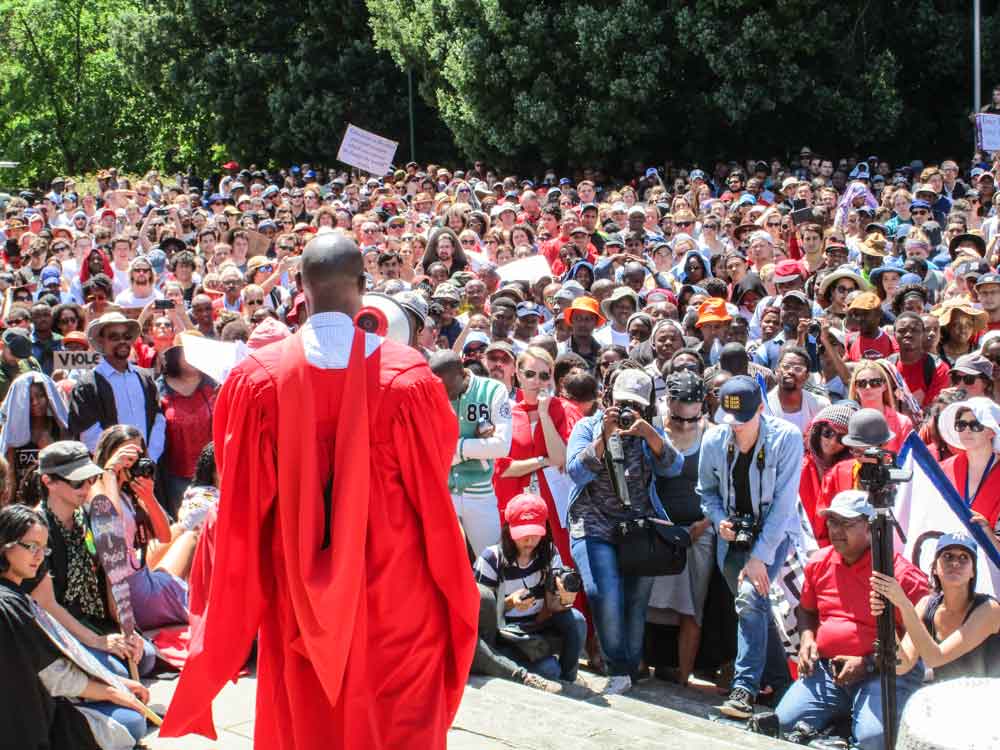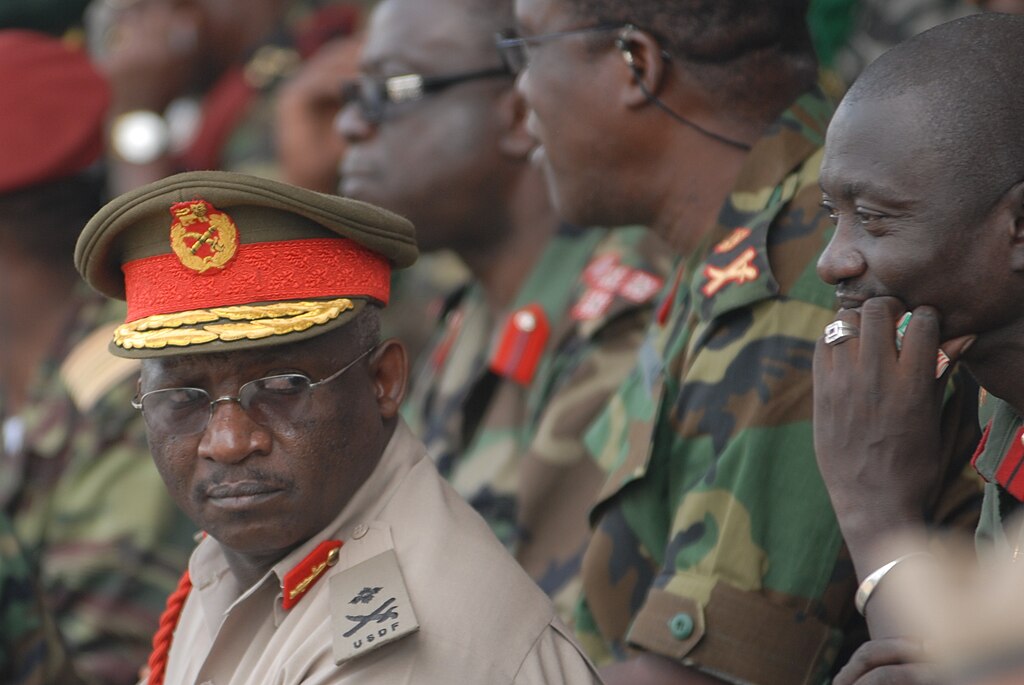Panel on contemporary global governance and the role of IBSA: (from left) Prof Uallace Moreira Lima (Brazil); Prof Narnia Bohler-Muller (HSRC, South Africa); Prof Sreeram Chaulia (India), Amb Rajiv Kumar Bhatia (Chair, India) and Prof William Gumede (School of Government at Wits, South Africa)
On 2-4 May 2019, the HSRC joined a group of South African delegates attending the 6th IBSA Academic Forum in Kochi, India.
India, Brazil and South Africa have similar multi-cultural, multi-ethnic, multi-lingual and multi-religious populations. In 2003, the three established India-Brazil-South Africa Dialogue Forum (IBSA) as a coordinating mechanism to tackle the common challenges they face as developing countries. IBSA’s activities include this academic forum where academics share the intellectual capital of the three countries in several fields including engineering, science, agriculture, sustainable development, social transformation and higher education.
This year, the academic forum was hosted by Research and Information System for Developing Countries (RIS), a New Delhi–based autonomous policy research institute that specialises in issues related to international economic development, trade, investment and technology.
The event marked the beginning of a new era for IBSA which is celebrating its 15th anniversary.
Having been dormant since 2011, when South Africa and the world shifted its focus towards an increasingly powerful BRICS (Brazil, Russia, Indian China and South Africa), IBSA seeks to rejuvenate its efforts to amplify the voices of the South as a trilateral body of multicultural democracies of the South.
Prof Narnia Bohler-Muller represented the HSRC. The other South African delegates included Prof Ahmed Bawa, CEO of Universities South Africa; Prof William Gumede from the School of Government at Wits; Prof Rasigan Maharajh, chief director of the Institute for Economic Research on Innovation at the Tshwane University of Technology; and Prof Elizabeth Sidiropolous, CEO of the South African Institute of International Affairs.
After two days of deliberations, it was agreed that IBSA remained relevant as a voice in international relations and academic diplomacy within the context of democracy and the need to strengthen multipolarity in an increasingly fragmented global order. The latter is characterized by the rise of nationalism and withdrawal from global dialogue as evidenced by Trumpism and Brexit.
The IBSA academic forum placed an emphasis on the need for collaborative research in the areas of poverty and inequality, new technologies, trade cooperation, cooperation in banking and fintech, initiatives in health-care education, culture, and collaboration on the Blue Economy and ocean governance. These are all areas of research already present within the HSRC. To facilitate these research agendas, the delegates agreed to grow the IBSA fellowship programme and to facilitate the mobility of students and researchers between the three countries.
The HSRC is also strongly represented in BRICS, the Indian Ocean Rim Association, Women 20 and the African Union. This is part of fulfilling our mandate of collaborating and coordinating research internationally, as well as developing strong national and international research networks and influencing policy-making through evidence-based research.
Author: Professor Narnia Bohler-Muller, executive director of the HSRC’s Democracy, Governance and Service Delivery research programme email nbohlermuller@hsrc.ac.za


